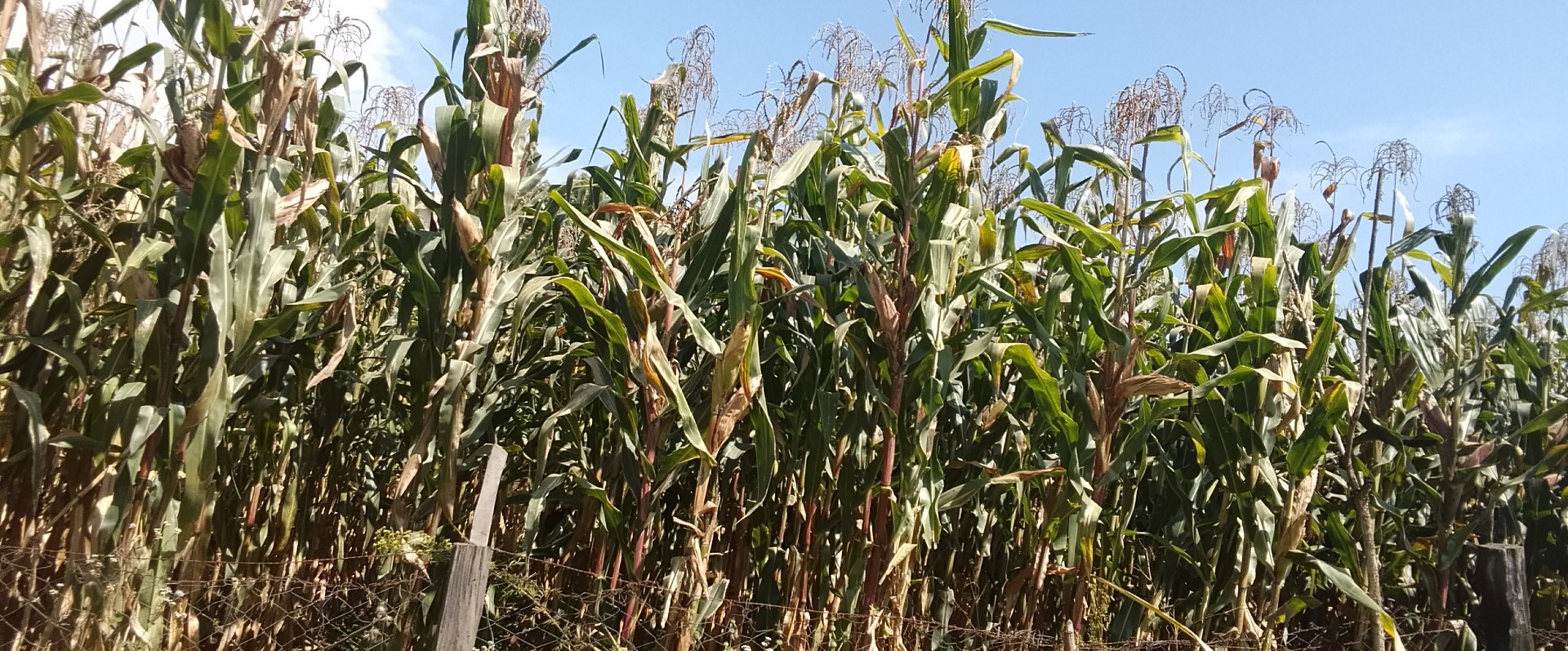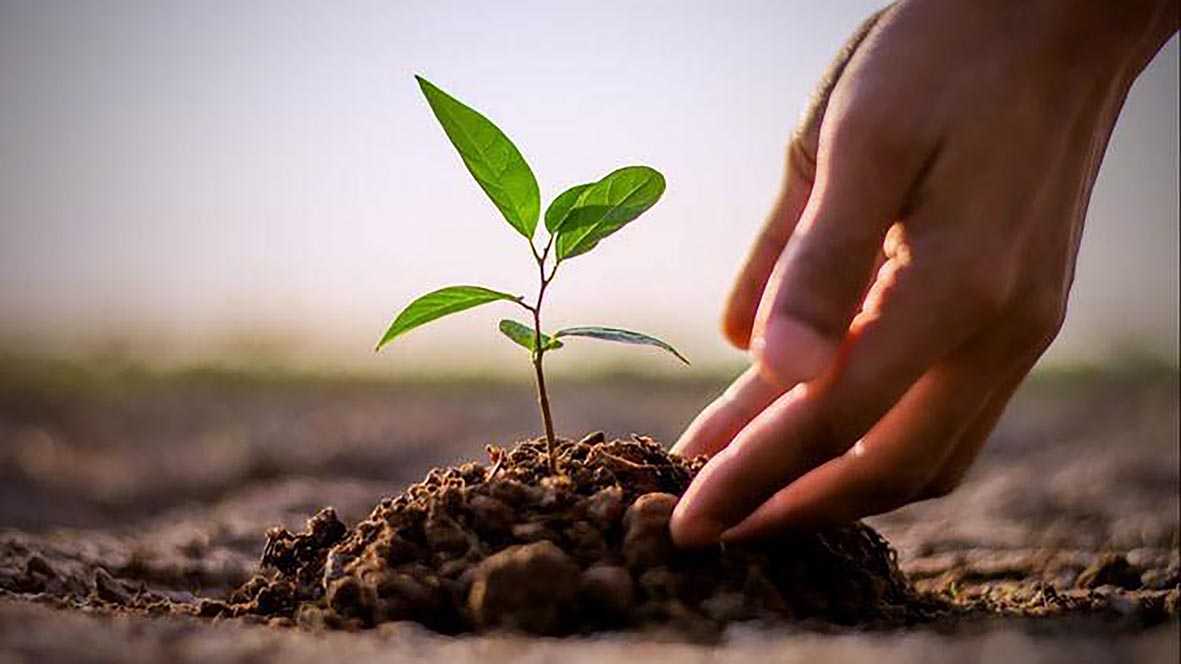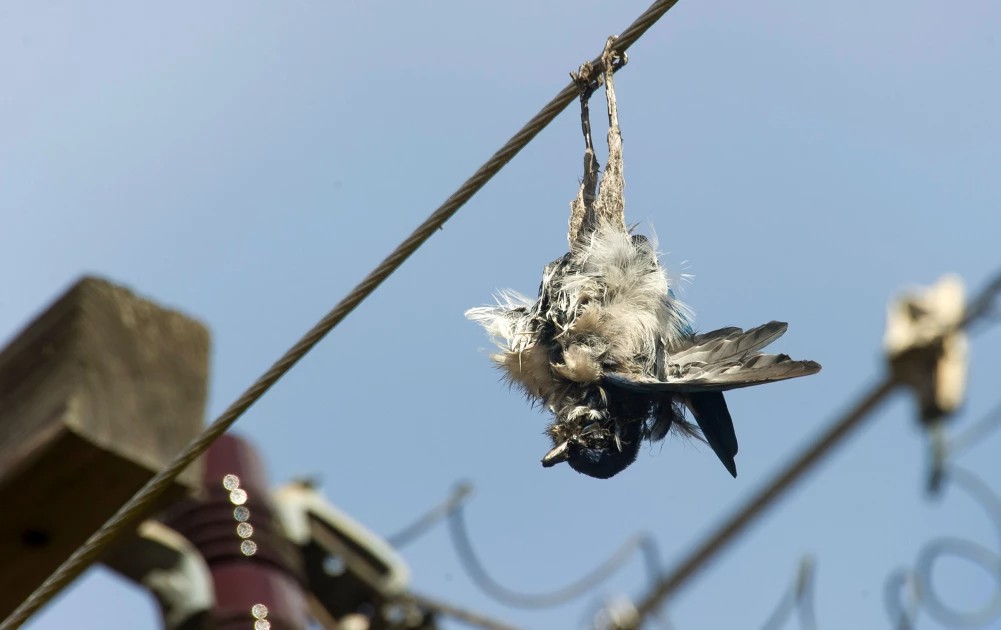- According to Mrs. Deborah Nyakundi, a teacher from Kambala Girls High School, the climate change lessons on Food for Change have been a game-changer for students.
In the heart of Bahati Sub-County in Nakuru City, where fields once promised plenty of harvests, Daniel Kamau, 60, in Kiamaina village, today faces the unpredictable adversary of Climate change.
The unpredictable weather patterns, prolonged drought, and sudden floods have altered the rhythm of the land, challenging the livelihood that once sustained generations.
Daniel inherited a small piece of land from his father. He recalls about years back when he could harvest enough crops and sell some for commercial purposes. As a small scale farmer, Daniel was able to take his children through college without struggle.
Now he cannot get enough harvest to sustain his family as he helplessly just watches plants wither under scorching sun or drown in unseasonal rains. Last year, the floods swept his crops which led to food scarcity in his household.
“Last year the unexpected floods spoiled the crops in my farm. This caused me to dig deep in my pocket to put food on the table,” he says.
Read More
As he inspects his maturing maize crops in his farm, Daniel hopes that this year he will get an abundant harvest as his maize crops look promising. He has made a small dam at his farm to curb the climate harshness by harvesting the flood waters into the dam and reuse the water for irrigation during the dry seasons.
His narrative illustrates a larger conflict in which adaptability and resilience are becoming just as important as the seed planted in the ground. With a program called "food for change," Slow Food Kenya has taken the initiative to raise a new generation of future champions as climate change crushes farmers like Daniel by endangering their livelihood and food security
John Kariuki, president of Slow Food Kenya, has directed that the program targets teenage secondary school girls, who are enlightened about climate-resilient agriculture and nutrition on locally sourced food. The aim is to foster a new generation of environmentally conscious leaders, ensuring food security and community resilience in the face of climate change.
“The society is moving towards exotic ways and is not keen on what they feed their children. Girls are our future mothers and play a big role. Targeting them will surely influence their future husbands and the future will be secured,” says John.
The organization has been leading the charge to support school gardens, which give pupils hands-on learning opportunities. Through the garden, children can cultivate traditional, local crops, incorporating health, nutrition, and sustainable agriculture concepts into the curriculum.
Students acquire practical experience in food production and learn about the environmental advantages of climate-smart agriculture by taking part in planting, caring for, and harvesting crops.
According to Mrs. Deborah Nyakundi, a teacher from Kambala Girls High School, the climate change lessons on Food for Change have been a game-changer for students.
They have been actively engaged in discussions about sustainable food practices and the environmental impacts. The lessons have raised dietary awareness and with the knowledge they are empowered to make a difference.
"Students' attitudes regarding the Food for Change lessons on climate change have been remarkably positive. Many are motivated to take action by forming eco-clubs that demonstrate a sincere interest in using food-related solutions to combat climate change," she says.
To teach students about the production of sustainable food, most schools that have worked with Slow Food have established kitchen gardens. Students can learn about composting, sustainable recipes, and the production of food waste through extracurricular activities like eco-clubs and culinary classes.
They study food's carbon footprints, sustainable agriculture, and how dietary decisions affect the environment.
According to Mohammed Rafique, an environmental activist and Climate change expert, Climate resilience education in schools is a game-changer for building a sustainable future.
He highlights the importance of addressing the root causes of food insecurity, urging that efforts should be increased to build sustainable systems for long-term resilience by investing in climate-smart agriculture, local food production, and economic empowerment to ensure lasting food security.
“It's time to equip students and youth with knowledge about climate impacts and practical skills like water conservation and sustainable farming to empower them to adapt and innovate,” he says.
Rafique emphasizes that to create a sustainable future, it is crucial to empower young individuals in climate-resilient agricultural practices. Young people have the potential to spearhead agricultural reforms that address climate challenges by investing in their education, improving access to resources, and creating entrepreneurial opportunities.


-1756213368.jpeg)


-1755864575.png)
